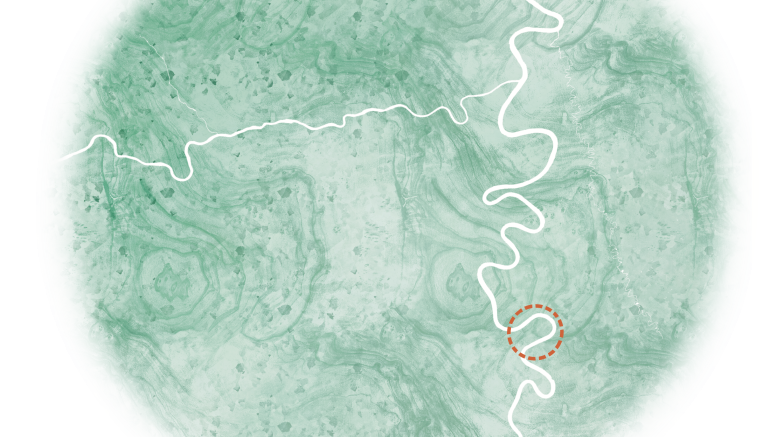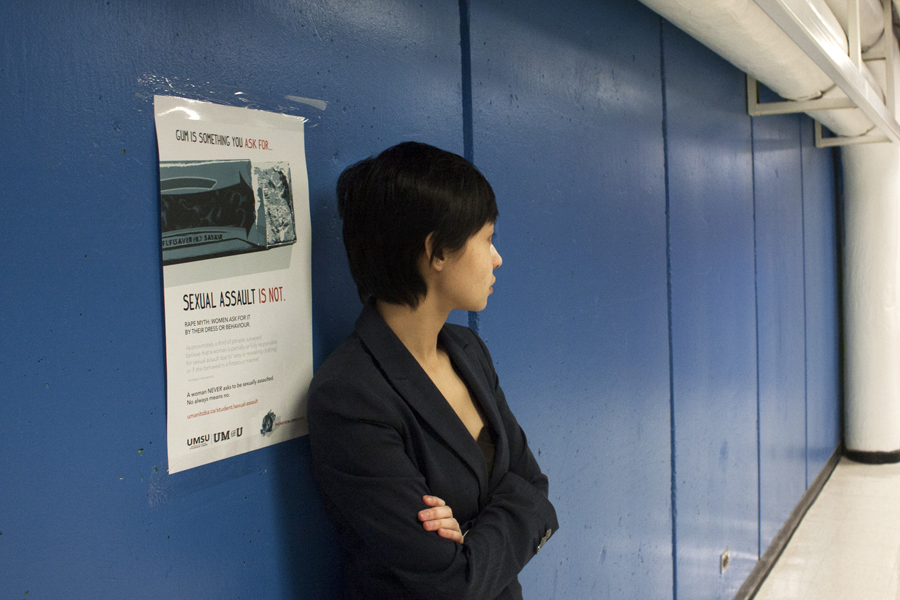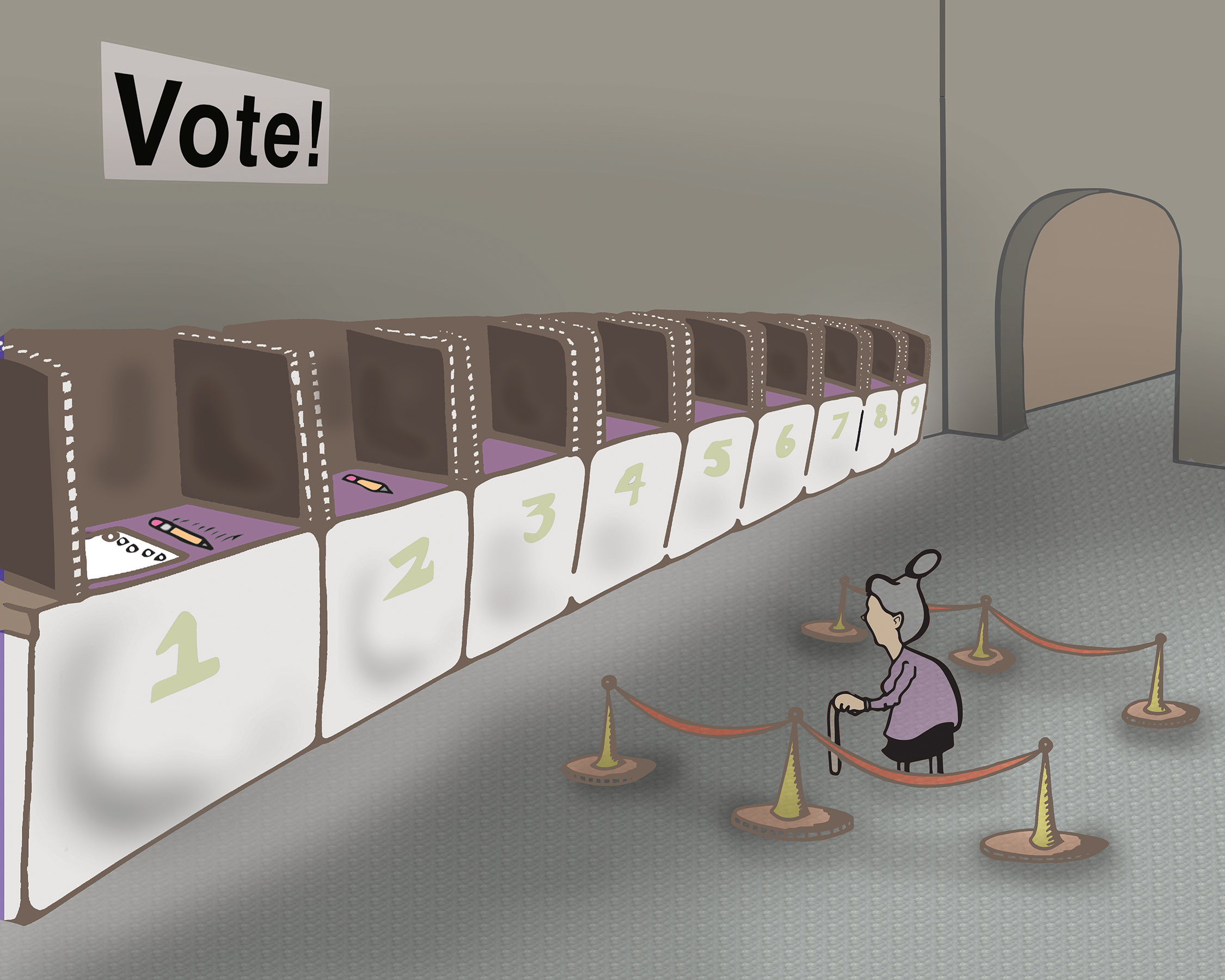The University of Manitoba’s land acknowledgement appears more akin to settler faux-innocence than reconciliation.
I want to emphasize the critical importance of land acknowledgements. They are necessary statements to show respect, acknowledge that the lands we reside on do not belong to a settler nation, express gratitude to the original occupants of the land and demonstrate a commitment to taking actionable steps toward reconciliation. They absolutely are not meant to be passive comments that excuse institutions and individuals from being complicit in a settler-colonial system.
The university’s land acknowledgement lands closer to the latter.
The land acknowledgement states that “we acknowledge the harms and mistakes of the past.” This portion is particularly problematic because of the words’ connotations.
The first issue lies in the word “mistakes.” This word ignores the intentions of settler colonialism, which are to purposefully create settlements through the displacement, dispossession and genocide of Indigenous Peoples. The word creates a space where settler ignorance can flourish by softening the reality of settler colonization and the violence that follows.
Calling this process a “mistake” ignores the nation’s intentional colonial project by removing agency, instead framing it as a misfortune that cannot be fully condemned. In turn, the university, as a colonial structure, can also avoid addressing its complicity in settler colonialism.
The second issue within that portion lies in that it places everything in the past. By framing the acknowledgment’s events as things of the past, it completely erases the reality that settler-colonialism is not an event with a clear ending, but rather, an ongoing system of oppression. The statement implies an obliviousness to how the violence of colonization is also carried to the present, disregarding the lived experiences and realities of Indigenous people living in Treaty One territory.
Both of these issues contribute to the maintenance and regulation of colonial beliefs and violence. They enable settler ignorance which in turn allows them to distance themselves from colonial violence.
Another portion I find concerning is the end, which advertises the university’s intention to “move forward” with Indigenous communities in the “spirit of reconciliation and collaboration.” While this statement appears to have a progressive momentum in mind, it is incredibly stagnant.
The promise of moving forward is empty, because it makes no indication of where it intends to move. The overall statement lacks action. It has an empty promise of taking steps forward but does not actually outline any specific goals or the specific actions the university will perform to reach such goals. The dedication and promise appear incredibly performative.
The motion toward reconciliation is backhanded. Any steps toward reconciliation are inherently disregarded because of the words and meaning within the acknowledgement. The specific framing of colonial violence as a past experience rather than an ongoing lived reality reinforces colonial beliefs surrounding violence. While the words may be lovely, they are gutted of all meaning and actionable intention.
The acknowledgment is ultimately disingenuous.
There is a sick irony rooted in the under-handed nature of the acknowledgement, in how the University of Manitoba also publicly recognizes how acknowledgments can be performative. The university’s syllabus creation guide specifically states that land acknowledgements are meant to be calls to action, to have purpose behind and throughout them and to be commitments to “disrupting ongoing settler colonial violence.” Yet, the university’s acknowledgment fails in all categories.
Colonial violence persists throughout Canada as many different dimensions of prejudice, discrimination and false motions toward reconciliation. If the university truthfully wishes to take steps forward in the spirit of reconciliation, it should reconsider the words it regurgitates and reflect on the colonial violence it maintains.





